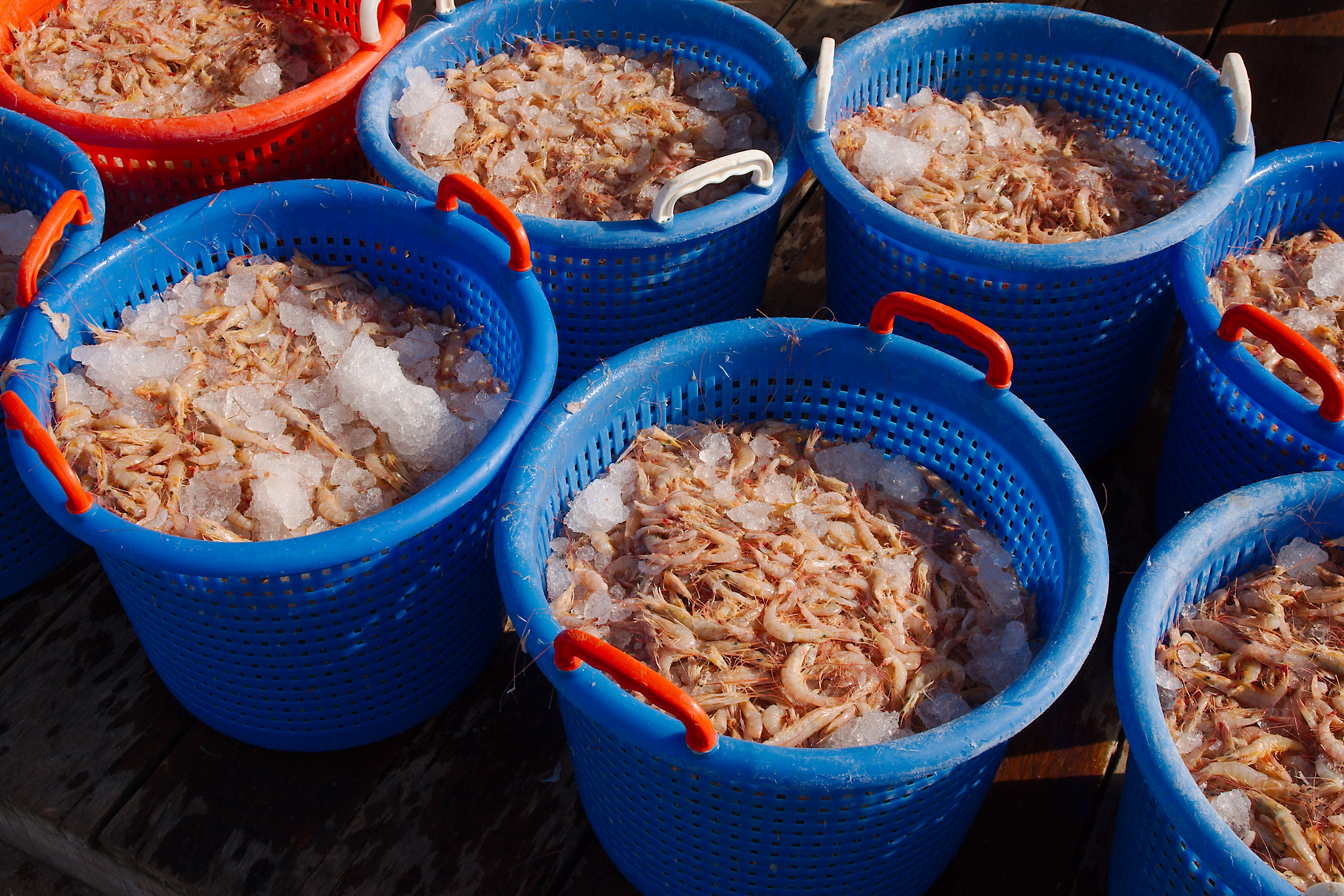Guyana takes the global lead in Seabob shrimp exports

As part of Guyana's efforts to boost its seafood export industry and strengthen food security, the country has emerged as the world's top exporter of Atlantic seabob shrimp. The government is working to ensure the long-term stability of the stock while supporting the expansion of the tourism and oil and gas sectors. The export industry is well-regulated and led by three vertically integrated businesses that have earned the Marine Stewardship Council (MSC) accreditation for their commitment to sustainable practices. The industry boasts efficient procedures that allow for catch-to-freezing in just 20 minutes, a reliable supply of skilled and unskilled labor for future growth, and an average annual employment generation of approximately 800 people, with almost 40 percent being women in processing roles. Additionally, salaries exceed the minimum wage and staff turnover is low, with almost half of employees staying with the company for over ten years. Guyana, which is one of the two Caribbean nations and 12 ACP nations selected for the 'FISH4ACP' program, has a strong industrial channel for seabob due to the vertical integration of the three companies operating from capture to export. This approach allows for a coordinated effort to meet MSC regulations. The industrial channel accounts for around 99 percent of the average annual seabob catch from 2015 to 2020, with approximately 93 percent of that amount being exported primarily to the United States market, where demand remains high. Over the same period, three industrial seabob businesses in Guyana produced roughly 7,600 tonnes of peeled seabob each year (equivalent to 17,000 tonnes of fresh, whole weight), of which 93 percent was exported to the US and the EU, and seven percent was sold to regional supermarkets, hotels, and restaurants. In 2019, the Guyana seabob fishery obtained conditional MSC accreditation. The three largest industrial companies, which own 76 licensed trawlers, along with the 11 independently-owned trawlers they employ, account for 87 percent of all fishing activity. A recent review found that industrial participants complied well with fisheries management measures for the Seabob Fisheries Management Plan 2015-2020, while the artisanal channel contributed only one percent of the total catch. However, the artisanal channel generates employment and contributes to food security. Guyana has strong domestic demand for fresh and high-quality seabob, with opportunities for increased export to the US and EU markets. The goal is to strengthen Guyana's position as a leading exporter of seabob shrimp by ensuring a sustainable and resilient value chain across both industrial and artisanal channels by 2032. The FISH4ACP program aims to promote sustainable fisheries and aquaculture in 12 African, Caribbean, and Pacific States, including Guyana.
Source(News: Department of Public Information, Image: Nathalie Steins (Marine Stewardship Council) via Flickr)
27 Mar 2023 17:30 | by anaraine
Top Stories
Local Content Summit Revitalises, Spotlighting Economic Expansion
16 Apr 2024 12:00PM
| Energy and Energy-Related Services
Transformational Construction Efforts at Mazaruni and Lusignan Prisons Nearing Culmination
8 Apr 2024 07:00AM
| Health, Safety, Security, Environment and Standards
Who's Who in Suriname Business 2024: A Confluence of Commerce and Collaboration
20 Feb 2024 11:15AM
| Education and Training
Sectors
- Agriculture and Agroprocessing
- Automotive, Aviation and Industrial Services
- Banking, Investment and Financial Services
- Construction, Engineering and Furnishings
- Education and Training
- Energy and Energy - Related Industries
- Health, Safety, Security, Environment and Standards
- Human Resource and Management Services
- Information and Communications Technology
- Insurance
- Manufacturing and Retail Distribution
- Professional Services and Private Sector Organisations
- Real Estate, Tourism and Hospitality
- Travel, Ports, Shipping and Courier Services
